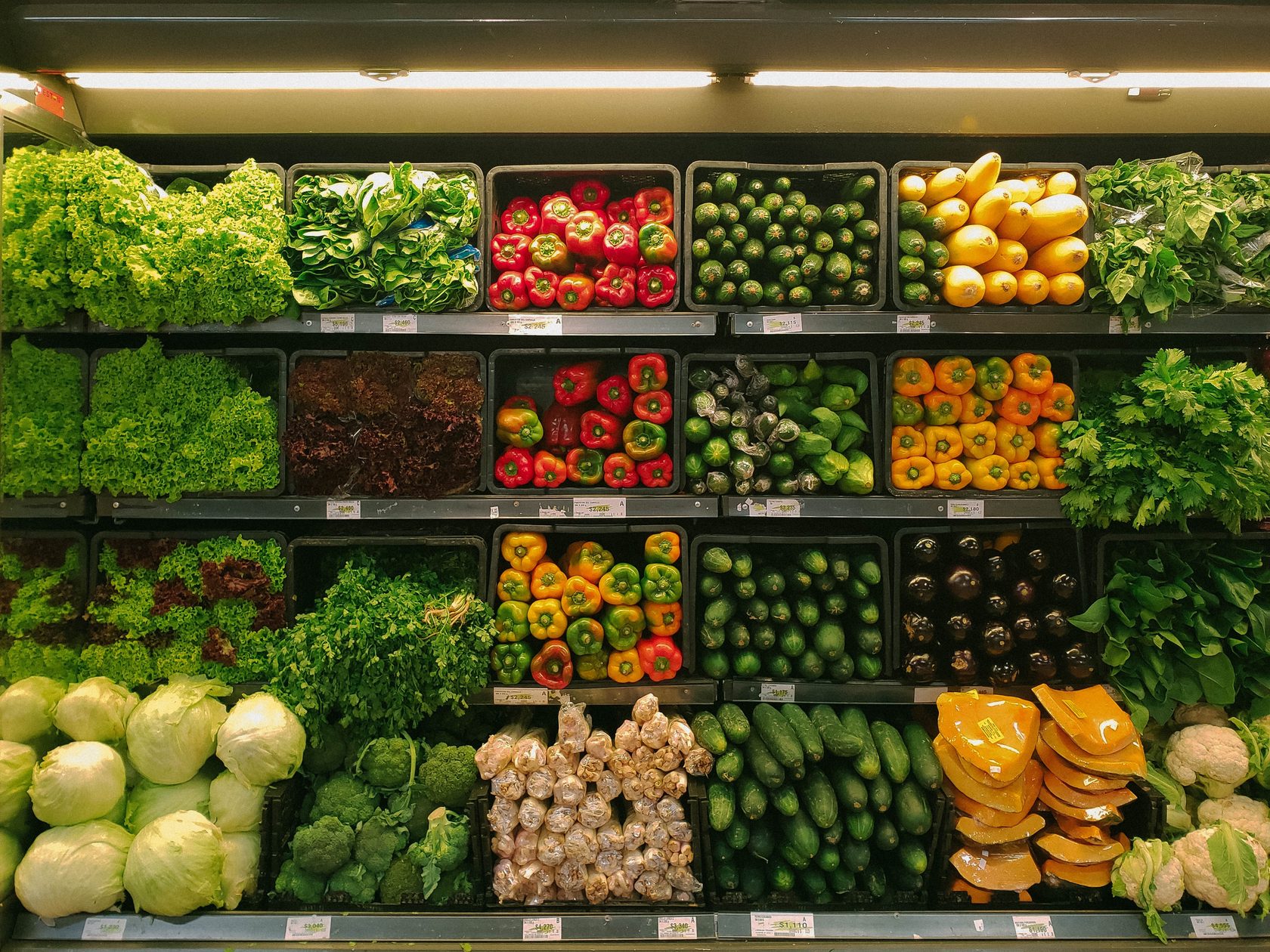The main motive for buying sustainable products for responsible consumers is the opportunity to make a personal contribution to the preservation of the environment (65.4%); almost the same number of people see benefits for their health in buying eco-products (62.4%). The ethical aspects of production: the absence of tests on animals, fair and decent working conditions for workers - pay attention to 49.8% of respondents.
We have organized and carried out a marketing research of consumer preferences in the market of healthy food products.
A study on the assessment of environmental literacy and the interests of responsible buyers in choosing healthy food was conducted in 2018 using a personal and online survey among 2,600 people living in Russia, mostly in Moscow and St. Petersburg. Implemented with the support of online media, bloggers, media platforms, public organizations, organizations that support the idea of responsible consumption and conservation of nature for future generations.
The main sign of a truly eco-friendly product for buyers is the official ecolabel (78.6%), which is quite interesting in light of the small percentage of respondents who really understand eco-labels (23.4%). This indicator indicates the need for additional education of eco-consumers: they understand that an eco-product should have a corresponding sign, but so far they are poorly guided in this matter.
The eco-label of type I "Leaf of Life" (44.3%), a Russian eco-label that assesses the environmental friendliness of products and services by their life cycle ("from cradle to grave"), recognized by the international expert community, has become the environmental mark that inspires the greatest confidence among eco-oriented buyers. ... Among type I ecolabels, respondents also noted the EU Ecolabel (36.3%). The most popular labels include such eco-labels as BDIH (36.55), EU Organic (35.3%) and ICEA (31.7%). A significant proportion of those surveyed also trust the FSC label (36.9%), which indicates the use of raw materials from sources with sustainable forest management (Figure 28).
Figure 28 - Eco-labels that inspire the greatest consumer confidence
Source: Compiled by the author based on his own research
In addition to eco-labeling, Russians tend to pay attention to the composition of the product (35.8%) - the shorter the composition, the better, in their opinion, and to their own intuition when looking for a truly eco-friendly product (25.1%).
Eco-consumers specifically search the Internet for a specific eco-product, read reviews about it, buy it in specialized stores (43.5%), look at reviews on specialized online portals and read comments in healthy lifestyle communities on social networks (36.7%), or looking for a shelf with “green” goods in a store and choosing among them (34.6%). By the way, 32.1% of respondents get acquainted with an eco-product by chance, if they notice it in a store.
90.0% of respondents not only buy eco-friendly products, but also have other “green” habits. For example, this cohort of shoppers takes fewer bags and uses reusable bags (78.6%), saves resources (67.5%), and collects and disposes of hazardous waste (67.4%).
The research shows that the demand is especially pronounced for environmentally friendly food (83.6%), household chemicals (74.1%) and cosmetics (63.8%). The priorities of buyers also included such categories of goods as clothing and footwear (26.6%), children's products (24.9%), goods for construction and repairs (15.7%).
According to survey participants, manufacturers need to produce more sustainable food products, switch to eco-friendly packaging, and green car products and vehicles. Responsible shoppers are also interested in more variety of eco-friendly home products in stores.
The most popular stores where, according to the respondents, one can find eco-friendly products today are 4fresh, VkusVill, Auchan, H&M, iHerb, Kompas Zdorovya, Mi & Ko, Azbuka Vkusa, Jagannat and Hut ".
One of the barriers limiting the consumption of organic products is the high price for this category of goods. Thus, for many respondents (65.6%), the price becomes the main factor preventing the choice of environmentally friendly goods in favor of conventional ones. Nevertheless, the majority of respondents (94.5%) are ready to pay more for organic products. Moreover, 38.5% of buyers agree to pay for an eco-product, even if its margin reaches 30%.
The next most important barrier is the difficulty of finding eco-products. Thus, 63.9% of the respondents indicated that it is difficult to find the necessary goods: finding and obtaining goods takes too much time and effort.
In addition, almost half of the survey participants (45.2%) believe that the obstacle to buying eco-friendly goods is the abundance of pseudo-eco-friendly goods. Greenwashing (environmental positioning without sufficient justification), so widespread in the Russian market, explains such results. This indicates the need for more extensive environmental education in the selection of eco-products and environmental labels.
The data obtained in the course of the research will allow us to substantiate the prospects for the development and implementation of a positioning strategy for retail organizations, as well as organizations in the field of e-commerce in the healthy food market in Moscow. The main proposals will be presented in the project chapter.
